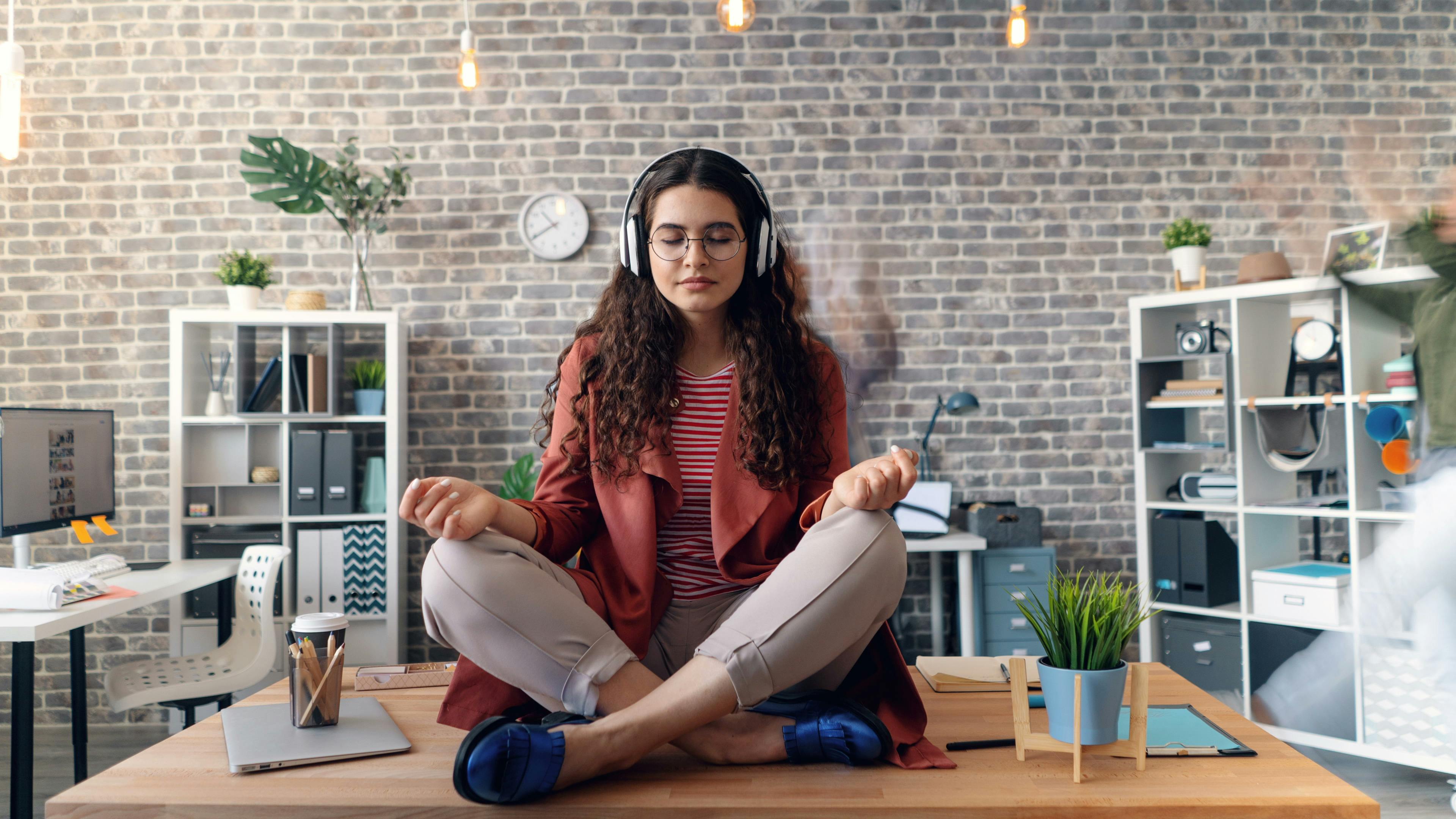Last week I had the pleasure to be involved in three different events, one of them was about redefining success and reviewing your beliefs after relocating to a new country. That reminded me about how I have often heard people close to me say, "Oh, that’s just the way I am, I can’t change.” Have you ever heard it?
Sometimes there’s a hidden ‘anymore’ or ‘I’m too old now’, but the fact is that many of us hold the belief — or perhaps the excuse — that change is impossible. However, scientific discoveries in psychology and neuroscience over the past decades show that change is not only possible but also within everyone's reach (OK, as long as you have no mental disease).
For a long time, it was thought that our brains were static after a certain age, and that our personalities and habits were set in stone. That was it; once you’d reached that stage, it could only go down… But the concept of neuroplasticity has turned this notion on its head. Neuroplasticity is the brain's ability to reorganise itself by forming new neural connections throughout life. This means that our brains can change in response to our experiences, learning, and behaviour. And these are - at least to a certain extent - under your control.

One of the most fascinating aspects of neuroplasticity — this topic just gets my nerdy side super-excited — is how it supports the idea that "you can teach an old dog new tricks" ;) For example, London taxi drivers, who must memorise the city’s labyrinthine streets, have been shown to have larger hippocampi, the area of the brain associated with navigation and memory. This demonstrates that with persistent effort, the brain can adapt and grow even in adulthood.
On a psychological level, the process of change often begins with self-awareness. Cognitive Behavioural Therapy (CBT) is a widely recognised method that helps individuals identify and change negative thought patterns and behaviours. I also often use some of its techniques with my clients. Through CBT, people learn to reframe their thoughts and develop healthier, more constructive ways of thinking. This shift in mindset can lead to profound behavioural changes.
Take the case of someone with a fear of public speaking. Initially, their brain might be wired to trigger a fight-or-flight response at the thought of speaking in front of an audience (just imagine the inner chatter). With practice (and at times professional guidance), they can gradually recondition their brain to associate public speaking with positive outcomes rather than fear. By repeatedly exposing themselves to the situation in a controlled way, their brain rewires itself, reducing anxiety and increasing confidence over time.
Or consider the example of an expat adjusting to life in a new country. Imagine an international professional who moves to the Netherlands for a job. Initially, they might struggle with the language barrier, which can lead to feelings of isolation and frustration. However, by consistently practicing Dutch through language classes, apps, and daily interactions, their brain can form new neural connections that facilitate language acquisition. Over time, what once seemed daunting becomes manageable, and the expat can navigate their new environment with greater ease and confidence.
Moreover, mindfulness and meditation have been shown to alter brain structure and function. Regular meditation can increase grey matter density in areas related to learning, memory, and emotional regulation. This means that by practicing mindfulness, individuals can enhance their capacity for attention, compassion, and resilience. How amazing is that? :)
.jpg)
Another compelling example is the impact of deliberate practice on skill acquisition. Psychologist Anders Ericsson’s research on expert performance highlights that with focused, consistent practice, anyone can improve their abilities, whether it’s playing a musical instrument, learning a new language, or mastering a professional skill. The brain’s plasticity allows it to adapt and become more efficient at the tasks we repeatedly perform.
So, maybe you're wondering by now... How could you get started at it?
Here are 3 tips that anyone can use to increase their neuroplasticity and facilitate positive change:
1. Engage in Lifelong Learning
Continuous learning is one of the most effective ways to promote neuroplasticity. When you challenge your brain with new information and skills, you encourage the formation of new neural connections.
Tip: Dedicate time each week to learning something new. This could be picking up a new language, learning to play a musical instrument, or exploring a new hobby. Online courses, books, and even social interactions can provide rich opportunities for learning and growth.
2. Practice Mindfulness and Meditation
As mentioned above, mindfulness and meditation have been shown to physically change the brain, increasing grey matter in areas related to memory, empathy, and stress management.
Tip: Set aside a few minutes each day for mindfulness or meditation practice. Apps like Headspace or Calm can guide you through the process if you're new to it. Even a short, daily practice can help improve focus, emotional regulation, and overall mental resilience.
3. Exercise Regularly
Physical exercise is not only good for your body but also for your brain. Exercise promotes the release of growth factors that help create new brain cells and strengthen neural connections.
Tip: Incorporate regular physical activity into your routine. Aim for at least 30 minutes of moderate exercise, such as walking, cycling, or swimming, most days of the week. Activities that require coordination, like dancing or playing sports, can be particularly beneficial for brain health.
By integrating these practices into your daily life, you can boost your brain’s neuroplasticity, paving the way for continuous personal development and adaptation.
So, the next time you hear someone say “I can’t change”, remember that science tells a different story ;)
Our brains are incredibly adaptable, and with the right strategies, we can reshape our thoughts, behaviours, and even our identities. Embrace the potential for growth and change — at home or abroad; it’s never too late to become the person you aspire to be.


.jpg)

![Belonging, Until You Don’t [An Expat Pocket Story]](https://cdn.prod.website-files.com/65002b28ca38d1b72d9143ec/6852c64f15ce54f9913abd7b_2025-06-18%20(1).png)
